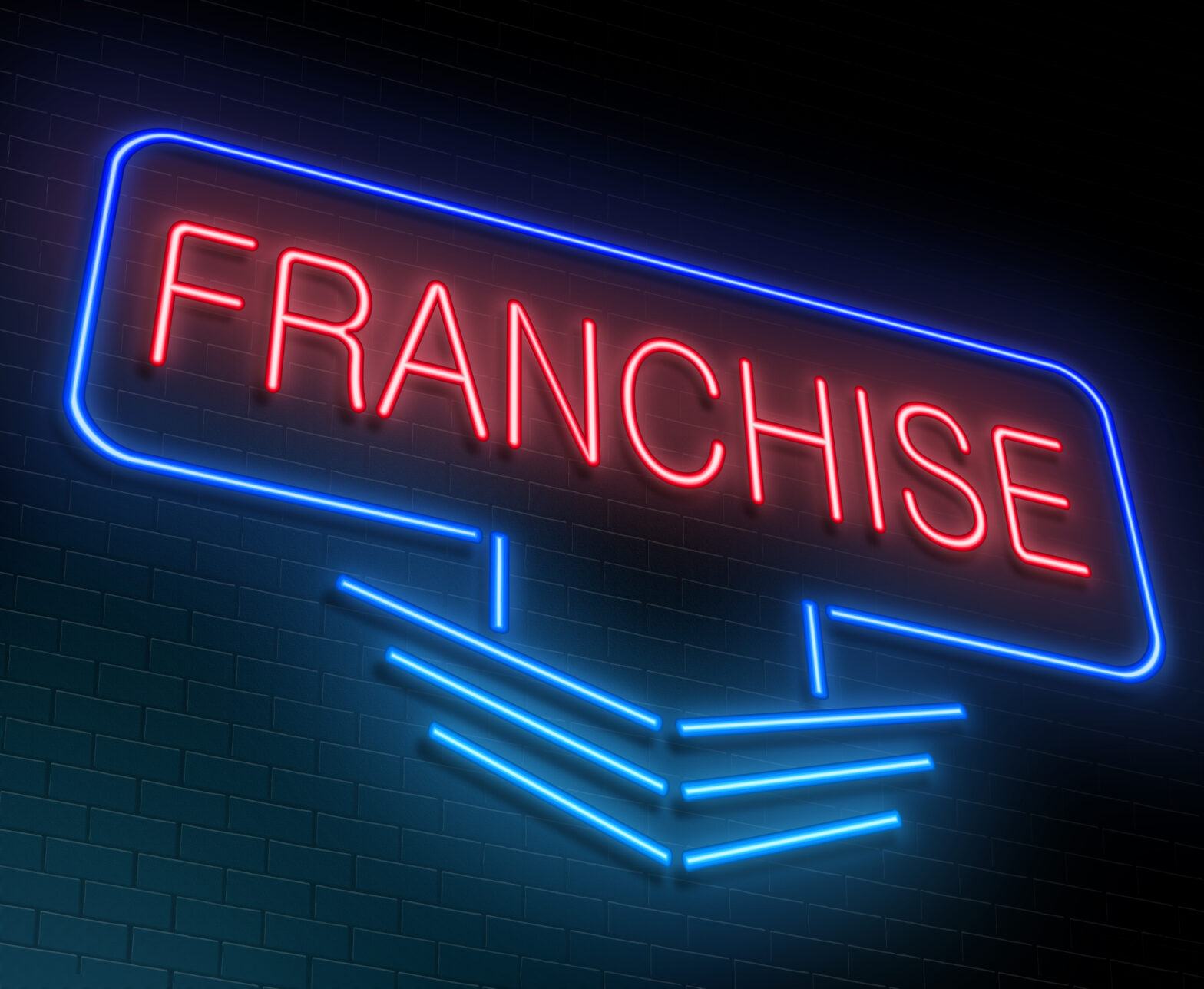Writing a business plan is essential for any entrepreneur.
Putting one together for a franchise business is different to a standard one though.
First of all, you need to be aware of the needs of both the franchisee and the franchisor. When you have signed the franchise agreement, the franchisor will give you vital info like start-up and running costs as well as a marketing plan and related materials.
Your franchisor can also help you write your business plan as they’ve likely helped other franchisees with theirs. They’ll give you a franchise disclosure document which has a lot of information to help you write a business plan. It’s worth mentioning that they don’t need to approve your final plan as this could be in violation of governmental and trade requirements.
“Your franchisor can help you write your business plan”
For some extra help, have a word with other franchisees about how they created their business plans and if you’re looking to finance your business, chat with an accountant.
There’s no set length for a business plan – but the more concise it is, the better.
Introduction
Give your reader a brief overview of what your franchise is and how you plan to run it.
Business structure
Use this section to deal with the who’s who of the business and their roles.
Outline who is responsible for what, whether the franchise will have sole or multiple owners and if you’ll be involved in day-to-day operations.
What your product or service is
Go into more detail about what you’re offering and why you think it’s the right time to put out what your product or service.
Market analysis
Examine current market conditions: whether it’s a growing market, who your competitors are and how future-proof it is. Remember to include relevant facts and figures as well as referring to expert forecasts.
Operations

Cite your sources of supply, labour and materials. It’s also vital to mention resources you’ll be using to operate your business.
Define:
- What you have and what you need to acquire
- Critical procedures and sensitive issues along with possible alternatives
- Current premises and future requirements
- Your health and safety policies
Marketing plan
Run through your marketing objectives, such as number of sales or market share as well as where your product will be positioned in terms of things like price and quality.
You should also cover planned marketing communications, how the product will be distributed/sold, what your customer care policy will be and how said policy will work.
Premises
Decide on the best premises for your business needs with your franchisor in advance. Consider location, business growth, running costs and uniform business rates as well as insurance and planning consent.
Financing

Are you looking at financing? If so, how much and where will the money come from?
Highlight your ‘break even’ sales figure shown as percentage of anticipated sales.
You’ll also need to include the amount of money you’ll need to take out of your business to live on.
When writing your financial projection, you should be conservative. Outline when the lender can expect the loan to be repaid by using graphs, figures and charts. Just note that for legal reasons, your franchisor might not be able to tell you about projected earnings.
Profit and loss forecast
Base your profit and loss forecast on anticipated sales, taking away direct costs and overheads. Include as much detail as possible about anticipated sales and direct costs like materials and overheads.
Cash flow model
Try and give an idea of how much money will be coming in and going out of your business. Remember to account for cash flow fluctuations like getting materials when you’re setting up versus volume of sales at launch and beyond.
Appendix
Use the appendix for items that will enhance your presentation. Include things you feel would be necessary – CVs of key management personnel, tax returns, media clippings – important nuggets like that.
Keeping your business plan up-to-date
Remember to continually update your business plan so that it reflects the developing needs of your business. At the very least, it should be updated when something in your business changes.
“At the very least, your plan should be updated when something in your business changes”
If you’re in need of some guidance on building your non-franchise business plan, head over here.
See also: What is a franchise?





